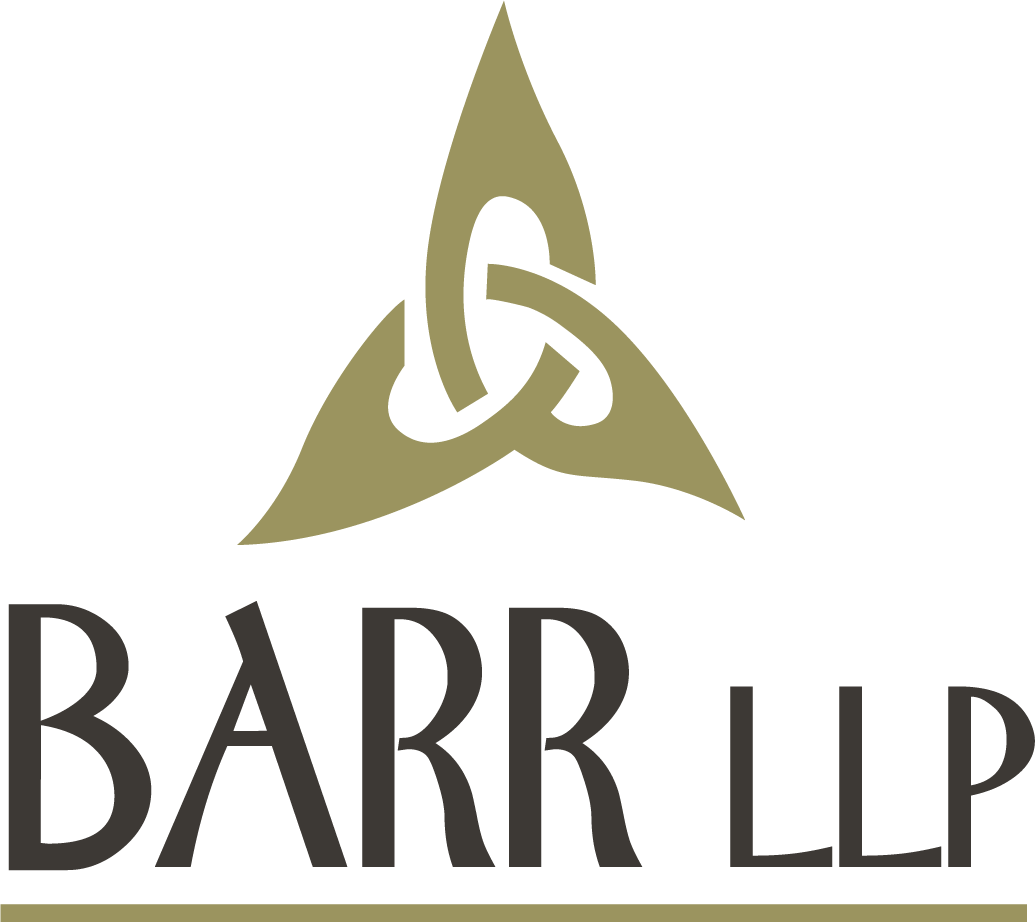If you’re facing a mischief charge, you may be scared and wondering about the penalties you could face. Mischief is considered unlawful interference with someone else’s property.
A mischief charge can lead to serious legal and personal consequences. If you’ve been charged with mischief which is a property crime in Edmonton, it’s in your best interest to consult a mischief lawyer.
Mischief and the Criminal Code of Canada
Mischief is a broadly defined criminal offence in Canada. Any type of “interference with property” may lead to charges or a conviction. Given this broad definition, many actions may be considered “mischief” and people might commit mischief in a variety of ways. Under the Canadian Criminal Code, you commit mischief if:
- You willfully destroy or damage someone’s property
- You render someone’s property dangerous, ineffective, useless, or inoperative
- You interfere, interrupt, or obstruct the lawful operation, use, or enjoyment of property
- You interfere or obstruct someone in their operation, enjoyment, or lawful use of property
Mischief is a criminal offence in Canada. This means that if you’re charged with mischief, you may be subject to stiff penalties.
Common Types of Property Damage That Could Lead to A Mischief Charge
There are various types of property damage that could result in a mischief charge being laid against you. Some of these include:
- Slashing the tires on someone’s vehicle
- Breaking or smashing someone’s window
- Spray-painting graffiti on someone’s property
- All forms of vandalism
However, while mischief generally involves property damage, some actions may be classified as vandalism even if they don’t amount to property damage and can lead to a mischief charge. For example:
- Disturbing others by playing very loud music at night
- Pulling a fire alarm falsely
- Remaining on someone else’s property after being told to leave
Depending on the severity of the interference or damage to property, a mischief charge could be considered minor. But in certain situations, mischief is considered a very serious offence that can result in tougher consequences. To illustrate, you could face harsh penalties if mischief involves the destruction of:
- A place of worship
- An educational institution
- A community centre
- A war memorial
- A cultural property
- A senior’s residence
The Criminal Code of Canada also provides that mischief charges in relation to computer data or testamentary instruments could lead to stiffer penalties while a mischief charge that involves putting someone’s life in danger can lead to life imprisonment.
If you’re accused of mischief, you may claim that the property damage you caused was unintentional. However, it is important to recognize that your actions may still be considered intentional if there is evidence that you acted carelessly despite knowing of the inherent danger or risk of your action. For example, if you host a party late at night and disturb your neighbour’s enjoyment, a judge could find your actions intentional because you knew of the inherent danger or risk of disturbing your neighbour by partying late into the night.
If you or a loved one is facing criminal mischief charges, speak to an experienced mischief lawyer as soon as possible to defend the charges against you and fight for your rights.
Punishment for Mischief
Punishment for mischief is typically divided into two categories:
- The property in question is valued at over $5,000
- The property in question is valued at under $5,000
For both categories, the legal consequences of a mischief conviction include jail time, fines, community service, probation, and a criminal record. However, mischief over $5,000 could result in longer imprisonment e.g. up to 10 years compared to mischief under $5,000 which could result in just up to 2 years of imprisonment.
If the mischief allegation against you is labelled a hate crime, the prosecutor may push for a significant sentence like time in prison.
Proving a Mischief Case Against You
To be charged with mischief in Edmonton, the prosecutor must first be able to prove beyond a reasonable doubt that:
- There was property damage
- You caused the property damage
- You didn’t own the property in question
- You damaged the property willfully
The prosecutor must also prove the estimated value of the property as mischief can be separated into two categories based on the costs of the alleged damage to property: over $5,000 and under $5,000. Depending on which category of mischief you fall into, your punishment may vary (more on this below).
In a clearcut case of mischief involving property damage, the prosecutor will assess the nature of the property damage and all other evidence to make a case against you.
Meanwhile, your criminal defence lawyer will attempt to undermine the prosecutor’s case and prevent you from getting a conviction. Your criminal defence lawyer may do this by either showing that there is no reasonable prospect of a conviction or that it’s not in the public’s best interest to continue.
In some situations, the criminal defence lawyer will analyze other mischief cases in Canada and abroad to see how the courts ruled and present cases similar to yours where either the charges were dropped or the accused was not convicted despite the offence.
Avoiding a Mischief Conviction
In the end, the judge will make the final decision to convict you of mischief. In making the decision, the judge will consider all aggravating and mitigating circumstances at hand. Aggravating circumstances are circumstances that make the offence worse while mitigating circumstances are circumstances that make the offence less in severity. Aggravating factors can result in stricter penalties while mitigating factors can result in lighter penalties.
For example, if you get counselling to address your behaviour, it can be considered a mitigating circumstance because it shows remorse and that you are working on the problem. This may convince the judge to provide you with a lesser sentence.
Often, mischief cases are not clearcut and can be extremely complicated. That’s why it’s important to consult a qualified property offence lawyer if you’re facing mischief charges in Edmonton.
What to Do If You’re Charged With Mischief
If you’re facing a mischief charge, it can be a very stressful experience. You may have questions about what your options are and how it might affect your future. That’s where a mischief lawyer can help. A mischief lawyer is an expert criminal defence lawyer who is experienced in handling mischief cases and is in the best place to evaluate your situation and the evidence against you to determine the right next steps.
You don’t have to face these charges alone. BARR LLP is a leading Edmonton law firm with a 40-year legacy of high-quality work and client-focused solutions.Contact BARR LLP today to discuss your case.




